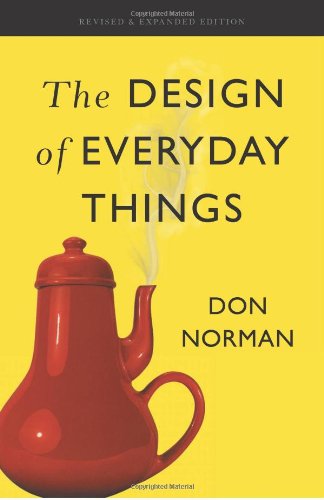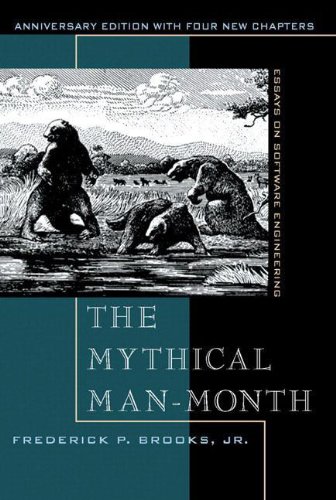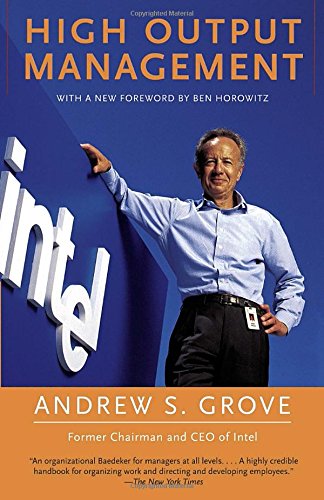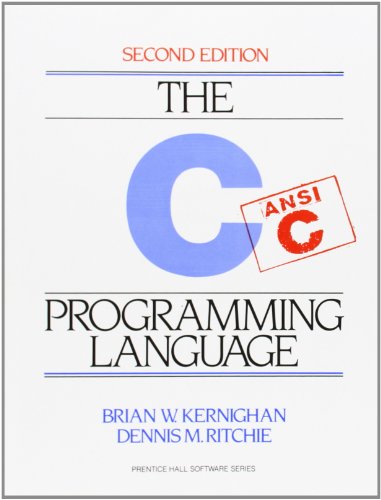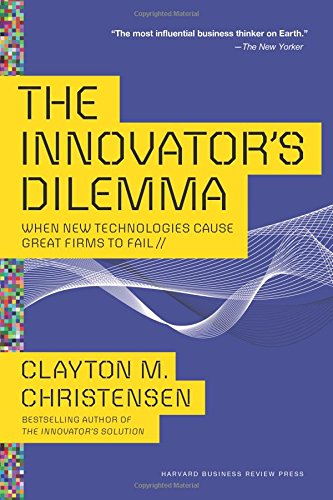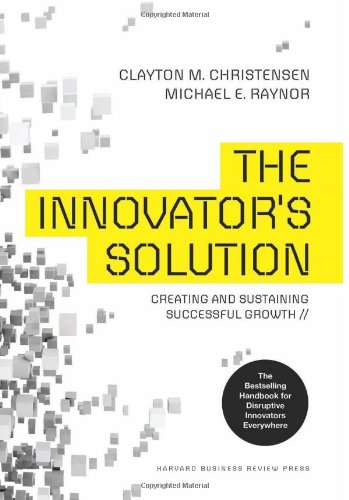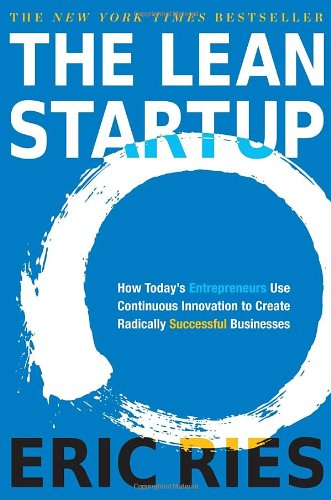Canonical Books For Product Managers
trenchant.org · by adam mathes · archive · rss
This is a first attempt at creating a canon of books for product managers in technology companies.
This is not a value judgment that these are necessarily the “best” books or a comprehensive list – but a clear declaration that these are influential enough that being familiar with the ideas, concepts, and vocabulary represented is relevant to effective product management.
It is a value judgment in the sense that I have read and recommend them.
The Design of Everyday Things
Pioneered or popularized concepts like “affordances” along with a highly useful framework for thinking about usability, design, and the evaluation of products. This is the one book above all others I recommend for those looking to understand and develop product, design, and usability insight.
The Mythical Man-Month
Why is software development hard? Why is nothing ever on time? Why doesn’t adding more engineers to a stalled project accelerate it? Will we ever get better at any of it? These essays by Brooks exploring these issues have turned out to be both prescient, timeless, and a fascinating time capsule as decades have gone by. Software is still fundamentally about conceptual integrity, managing complexity, and the nonlinear increase in communication that comes with large scale software.
High Output Management
Something of a cult classic in Silicon Valley now, this is a surprisingly practical guide to management. How should someone who has an infinitely large possible space of work prioritize? (Answer: understand what high leverage activities are, and do those.) There’s something oddly satisfying in the simplicity and clear guidance – I’ve found it tremendously useful as I take on more direct people management roles in my career.
The C Programming Language
If you want to understand the technological underpinnings of pretty much our entire modern computing infrastructure, you should understand UNIX and C. I firmly believe there is no better book about any programming language than K&R. The book in many ways mirrors the language it documents – simple but powerful, straightforward but opinionated, and concise.
The Innovator’s Dilemma
You’ve probably heard something called “disruptive” a billion times by now. A few of them actually reflect the distinction between sustaining and disruptive innovations as defined here, but after reading this, you’ll know the difference.
Backed by extensive case studies and quantitative research, The Innovator’s Dilemma posits that the reasons great companies soar, plateau, and then decline is rarely due to bad management or incompetence. Instead, it is because highly qualified managers apply decision making criteria and processes that all but guarantee the next innovation will be more likely to thrive outside the current successful business.
In many ways the follow-up “The Innovator’s Solution” encompasses the first book but has more practical advice on how to positively effect organizations to compensate for these issues.
The Lean Startup: How Today’s Entrepreneurs Use Continuous Innovation to Create Radically Successful Businesses
Vanity metrics, learning milestones, pivots, growth engines – The Lean Startup began by applying the Toyota Way (lean manufacturing) concepts to technology products and software, but goes on to define and document a very coherent approach to rapid product and business model ideation, iteration, measurement, and growth. This is another one where you should probably read the source material since you’ve likely heard these things misapplied a dozen times in bad blog posts and offhand.
send emoji to adam's devices:
🐸
🎯
🍩
subscribe
RSS · mailing list
previously
You Probably Like Bad Software
subsequently
OpenBSD – As Little Unix As Possible
more
archives · adammathes.com
